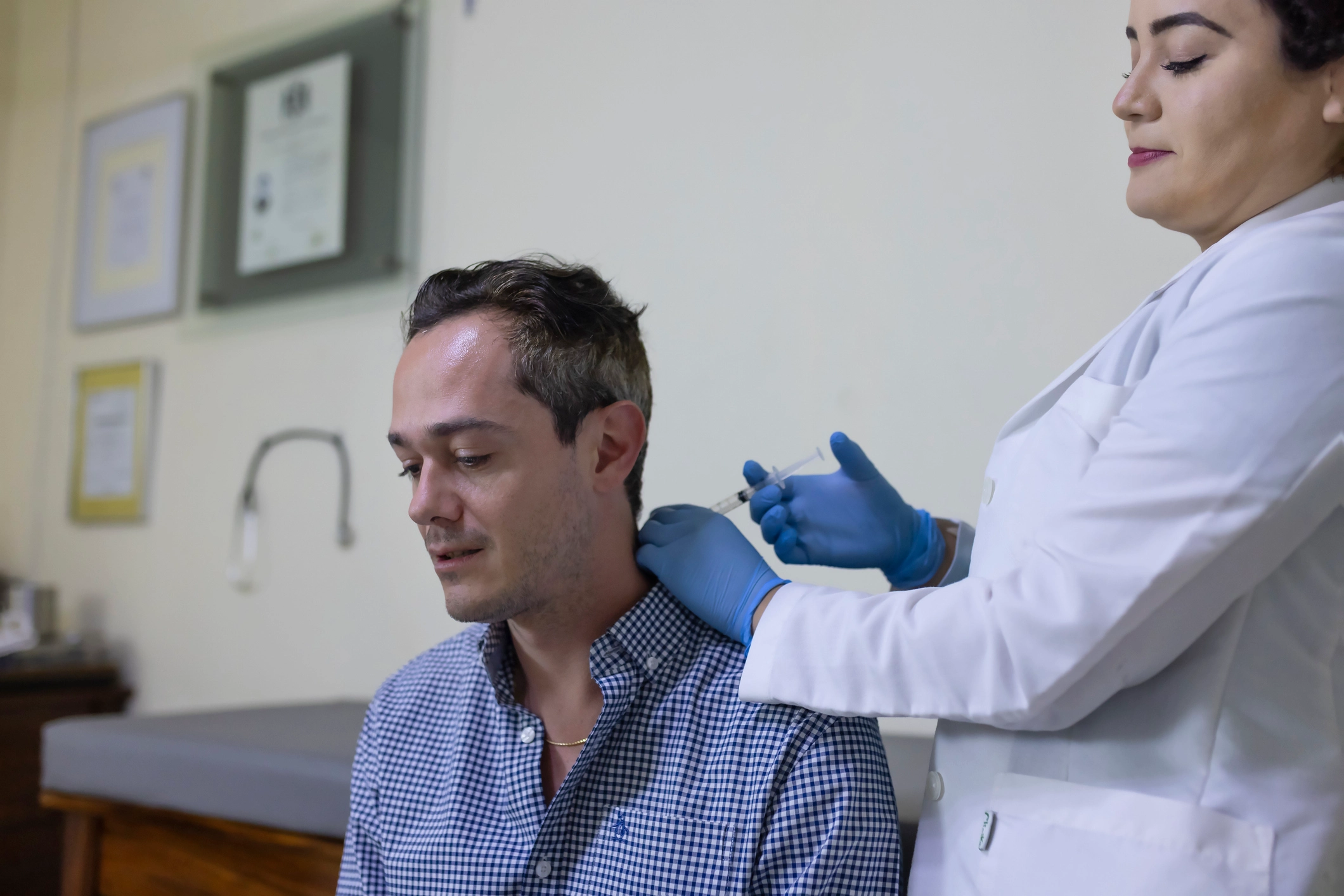Get Help For Chronic Migraines and Headaches
Chronic migraines and headaches can cause severe pain, blurred vision, and fatigue. Experiencing these symptoms on a regular basis can affect your quality of life. Our evidence-based pain management approach aims to reduce the frequency, severity, and duration of migraines and headaches using minimally invasive treatments.
Schedule Your Consultation!

What we do
Manage The Pain From Chronic Migraines Today
Chronic migraines are defined as migraines that occur more than 15 days a month and can last from four hours to as long as three days. Symptoms vary but often include blurred vision, neck pain, nausea, sensitivity to light, throbbing pain, and head pain. Such symptoms can make it difficult to do anything active, much less get out of bed.
The constant pain and discomfort brought by this condition can be enormously debilitating, especially since migraines can appear with little to no warning, leaving you incapacitated and unable to function normally for hours — sometimes even days.
Nobody wants to feel the pain, discomfort, and frustration that comes with migraine headaches, especially not on a regular basis. Our team can use specialized injection techniques to help reduce the frequency, duration, and intensity of your migraines.
We provide innovative approaches to managing pain associated with chronic migraines and headaches.
-
Continued high frequency of migraines
-
Persistent severe pain and discomfort
-
Limited access to innovative pain management techniques
-
Lack of structured support and personalized care
-
Significant reduction in migraine frequency
-
Decrease in intensity of migraine symptoms
-
Personalized and minimally invasive treatment options
-
Supportive and empathetic care environment

How Can We Help You?
What Causes Pain From Chronic Migraines?
Approximately 12 percent of the population experiences migraine headaches, with 3 to 5 percent of Americans suffering from chronic migraines and headaches. While the exact cause of migraines remains unknown, several factors are believed to contribute to their development and intensity.
These factors include stress, hormonal changes, certain medications, weather changes, specific foods or drinks, and sleep disturbances.
When episodic migraines become more frequent, they can develop into chronic migraines. Various factors can lead to chronic migraines, such as obesity, disrupted sleep patterns, mood disorders, emotional stress, and caffeine intake.
Additionally, the overuse of medications for treating episodic migraines and headaches can also contribute to the development of chronic migraines.
Start Today





